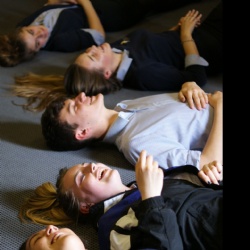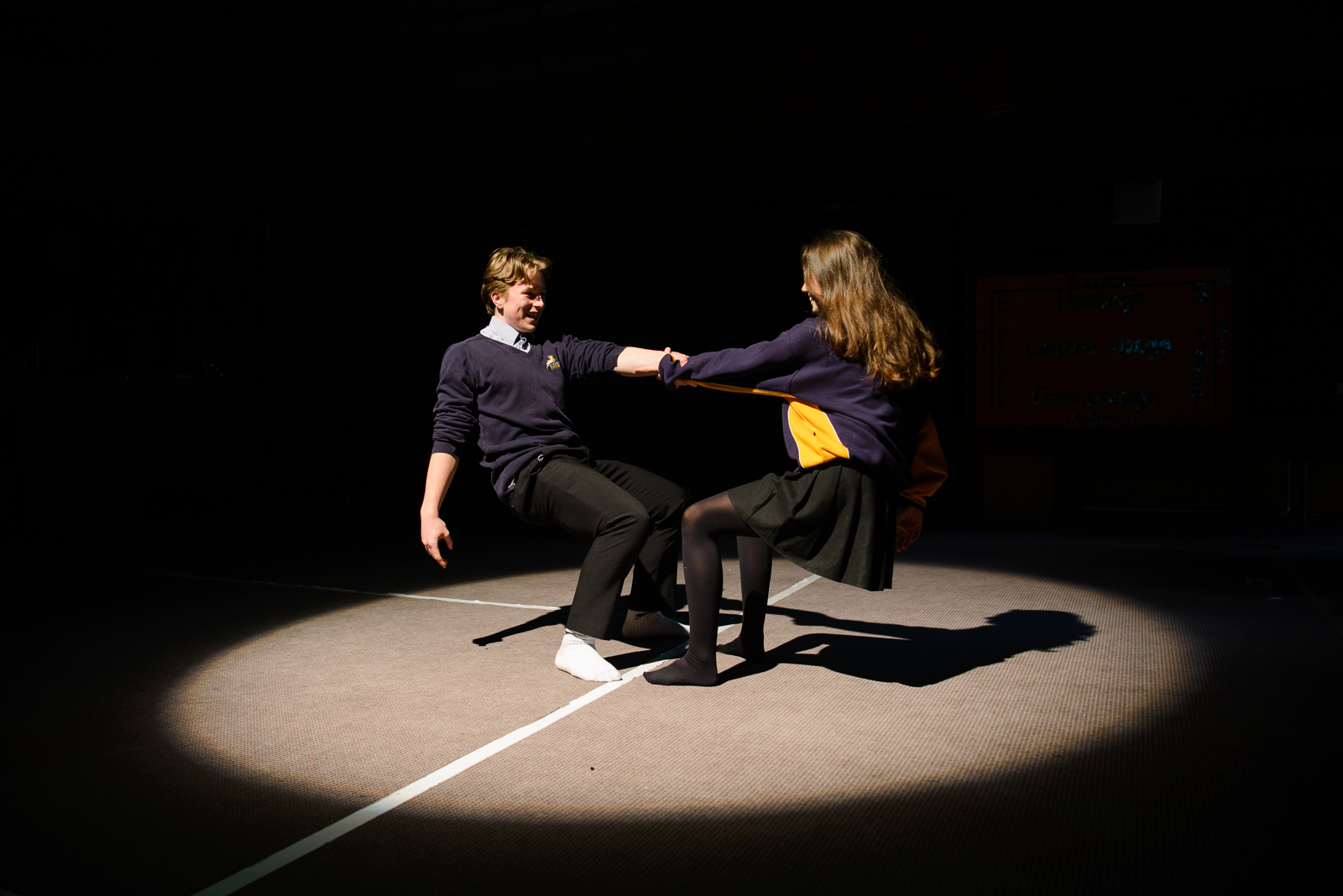January 2017

Mental health and wellbeing is important for us all and as 2017 draws to a close it is interesting to read of the government's commitment to increased funding for mental health in schools.
Secondary education is not just about grades and passing exams, it is also about developing as an individual into a confident, self-assured learner ready for life in modern Britain. Our pupils' emotional well-being and good mental health is paramount to their success in life, whatever path they choose.
Through Citizenship and PSHEe lessons, assemblies and specific workshops and projects, we aim to provide all of our pupils with the support and skills needed to navigate through the bumpy and sometimes rocky personal journey of growing up. We encourage our young people to be open and ask for help if they do not know where to turn or how to cope with certain situations. If something is getting you down, it really helps to talk - to a family member, a friend, someone you trust or, also in our pupils' case, someone at school.
Although a pupil's tutor is usually the first point of contact for both pupils and parents, each year group also has a Year Leader who understands the academic and social profile of their year group and is dedicated to supporting individuals and groups of pupils as they face some of the challenges that the journey through adolescence can present.
News stories on our website:
- Broken but Mending (January)
- Mental Health and Wellbeing (January)
- Young Carer Initiative (January)
- Growth Mindset (November)
- Body Image (December)
From the start of Year 7 and throughout their time at Deer Park, our pupils are taught about the 'Growth Mindset' - rather than thinking "I can't do it", think "I can't do it yet." This concept is reinforced to pupils in their Learning Conferences and shared at Parent Learning Conferences, so that parents can support their children with the same message of creating a resilience that is essential to achieving goals. Research shows that students with growth mindsets are generally more resilient and get better grades.
Might mindsets also shape pupils’ broader mental well-being? Having a fixed mindset may leave young people more vulnerable to developing mental health difficulties, such as anxiety, depression, or aggression. Teaching growth mindsets leads to improved academic performance, increased social behavior, and helps young people manage anxiety and depressive symptoms, as well as improving self-esteem. Our 'Positive Thinking, Positive Outcomes' message reinforces this to our pupils.
Year 11 is obviously an intense year for teenagers and they need to balance school work and exams with relaxation time. There is a great deal of pressure on young people to achieve. To support our Year 11s in 2017 we ran a number of Laughter Yoga sessions with former Deer Park History teacher Miss Dovey and Head of Humanities Mrs Lillington. Assistant Head Miss Brace was a welcome participant too! Pupils commented: "Laughter Yoga was a great idea", "I thought it was very strange at first but I am really glad I gave it a go", "The session was a whole lot of laughter and I felt brilliant afterwards" and "It gave me strategies to use before my exams."
Exercise is an excellent way to give your mind a boost, whether taking part in team sport, going for a run or walking in the woods. Physically and mentally you can get a buzz, whether an endorphin rush or inspiration from something you have seen. Our current Year 11s were visited in June by Will Downes-Hall who came in to school on Day 365 of his #22PushupChallenge, raising awareness for veteran suicide prevention and encouraging our young people to make sure their friends are OK #LetsCheckonaFriend.
You may have heard about Mindfulness. This practice originates in Buddhism, but being mindful is a skill that anyone can learn. You do not have to be spiritual, or have any particular beliefs, to try it. As a mind-body approach, it can increase our ability to manage difficult situations and make wise choices. Read more…
During 2018 we hope to start adding links to articles and tips for parents in our weekly newsletter. For example, the charity YoungMinds are running a campaign called #Take20 with some great online resources for parents. Talking to your child about how they’re feeling can be hard but by taking 20 minutes with them to do an activity you’ll both enjoy, you’ll create a relaxed space to start that conversation. Find out more…
Useful links:

